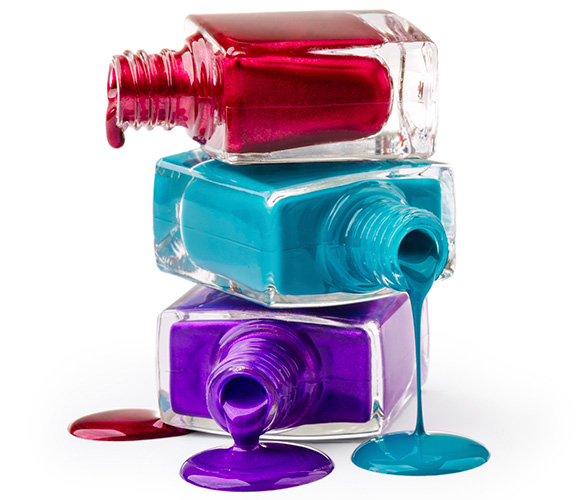Innovation lies at the heart of the cosmetics industry. Developing a cosmetic product is a time-consuming and expensive process, often taking many years to develop a new ingredient into a formulation suitable for market.
In addition to investing heavily in research and development, many of the large cosmetics companies are also prolific patent filers. For example, in 2015, Beiersdorf filed patents for 61 innovations and Unilever filed more than 200 applications in Europe alone.
But should smaller companies be thinking about patenting too? Here we investigate some of the reasons why you might consider patent filing, and look at the kinds of things that can be patented in cosmetics. We’ll also discuss some of the limitations of patents in this highly competitive area.

Why File?
Before we look in more detail at what can be patented in the cosmetics industry, let’s start with some of the reasons why you might consider trying to obtain one.
Owning a patent gives you the right to take legal action against anyone who makes, uses, sells or imports your invention without your permission. Legal action can, however, be prohibitively expensive and the end result is rarely certain. Indeed, many patent owners obtain patents with no intention of ever using them to launch legal action. So, why do they bother?
A reason that a company might consider filing a patent application is where
